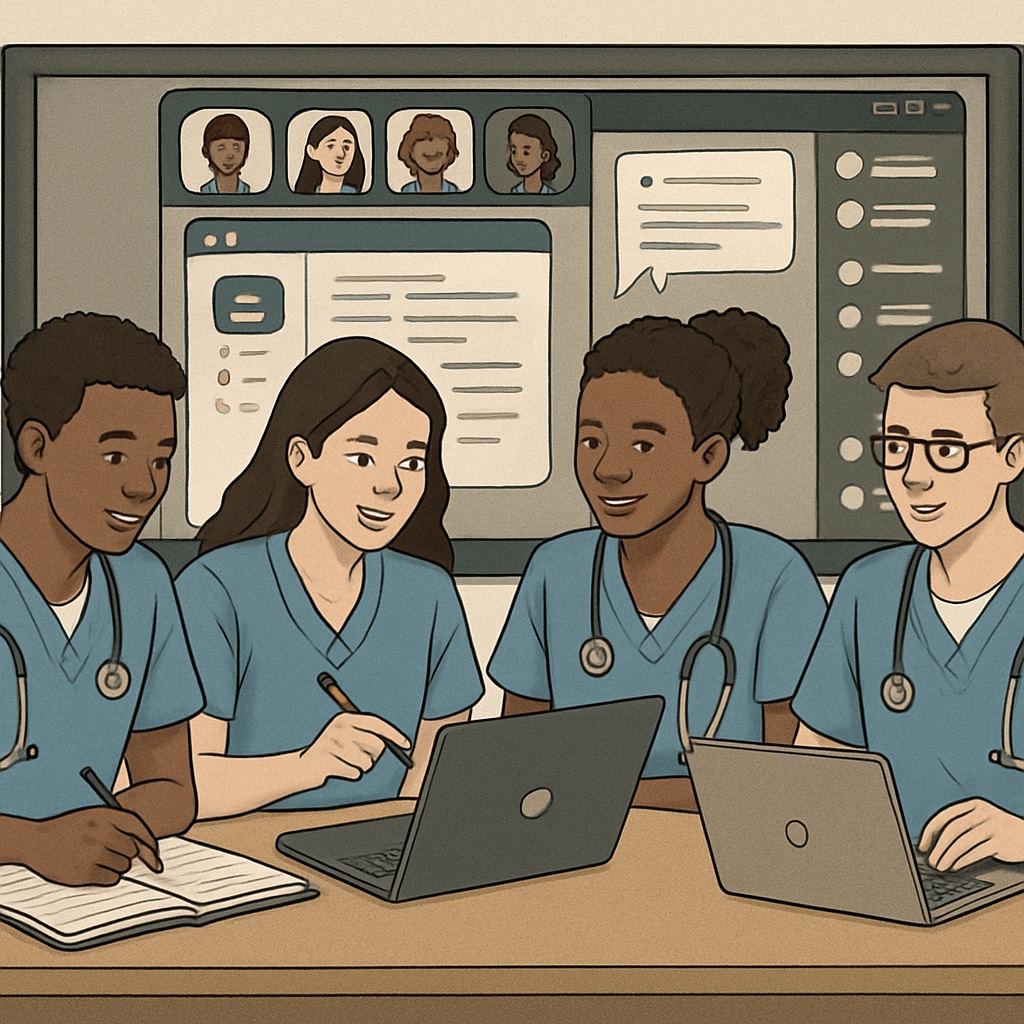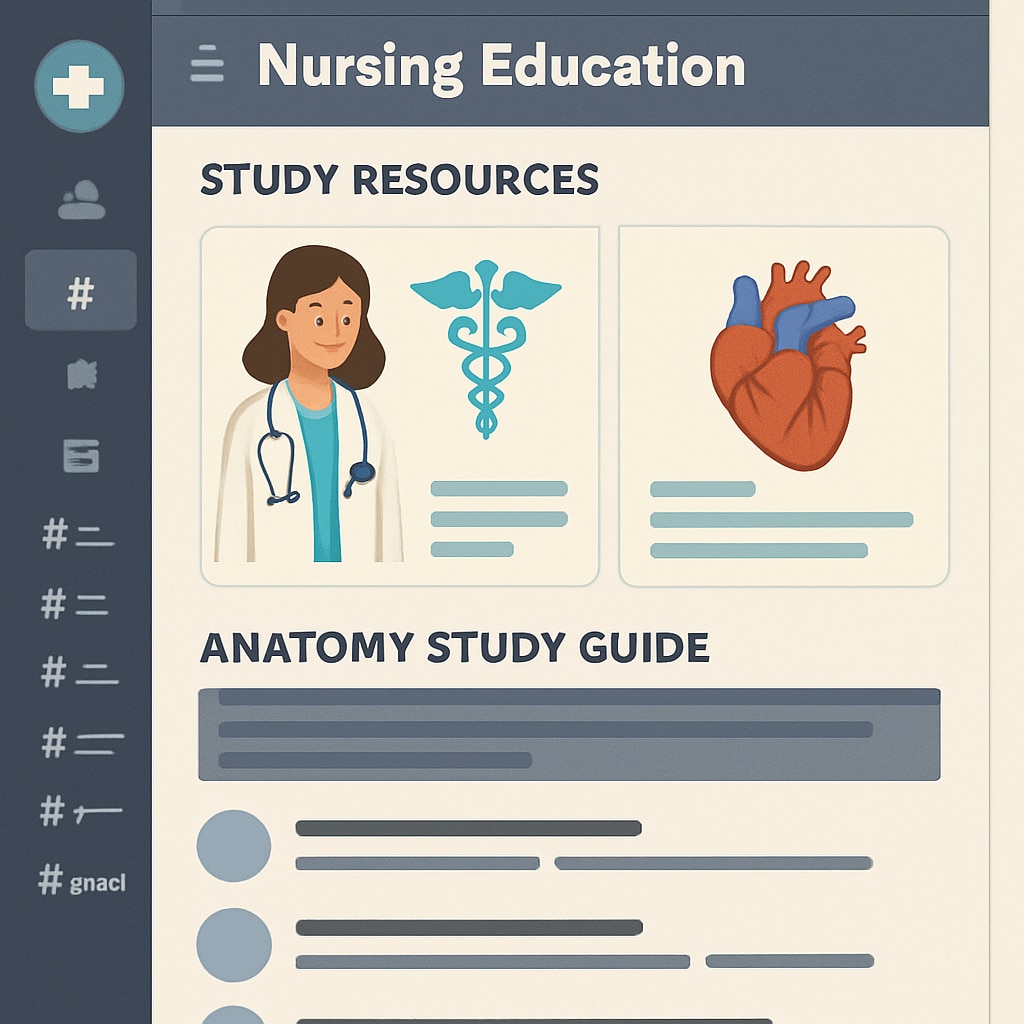In the dynamic world of healthcare education, nursing students, study groups, and platforms like Discord have emerged as transformative tools for fostering collaboration and career development. These digital communities are especially valuable in the K12 education phase, where early exposure to healthcare professions can ignite lifelong interest and commitment.
Why Learning Communities Are Essential for Aspiring Nursing Students
Nursing is a field that demands both technical expertise and emotional intelligence. Early engagement in study groups and learning communities provides students with the opportunity to develop these skills in a supportive environment. For example, platforms like Discord allow students to interact with peers, share resources, and discuss complex topics in real time. This not only enhances academic performance but also builds essential teamwork and communication skills.
Moreover, K12 educators can leverage these platforms to introduce healthcare concepts through interactive sessions, case studies, and guest talks from professionals. By fostering curiosity and providing real-world insights, these communities prepare students for the challenges and rewards of a nursing career.

How Discord Revolutionizes Study Groups for Nursing Students
Discord, originally designed as a communication tool for gamers, has evolved into a versatile platform for educational purposes. Nursing students can use Discord to create dedicated study channels, organize virtual group discussions, and even host live tutoring sessions. Its user-friendly interface and robust features make it ideal for building a vibrant learning community.
Key benefits of using Discord for nursing study groups include:
- Real-time communication: Instant messaging and voice chats facilitate seamless interaction among students.
- Resource sharing: Students can upload notes, videos, and links to valuable external resources.
- Community building: A sense of belonging motivates students to actively participate and support one another.
As a result, Discord empowers educators and students to collaborate effectively, breaking down barriers of location and time.

Strategies for Educators to Build Effective Nursing Learning Communities
Creating impactful learning communities requires thoughtful planning and engagement. Educators can consider the following strategies:
- Define clear objectives: Establish the goals of the community, such as improving academic performance or exploring career options.
- Incorporate interactive tools: Utilize Discord’s polling, video sharing, and scheduling features to keep students engaged.
- Encourage peer mentorship: Pair students with varying levels of expertise to foster collaborative learning.
- Invite professionals: Host Q&A sessions with nurses and healthcare practitioners to provide real-world insights.
By implementing these strategies, educators can create a thriving ecosystem where nursing students feel motivated to explore and excel in their chosen field.
The Future of Nursing Education in the Digital Era
As technology continues to reshape education, digital platforms like Discord will play an increasingly important role in preparing students for healthcare careers. By integrating these tools with traditional teaching methods, educators can ensure that students receive a holistic, engaging learning experience. Furthermore, the sense of community fostered by these platforms helps students develop interpersonal skills essential for their future roles as caregivers.
In conclusion, nursing students, study groups, and Discord represent the future of collaborative education. By embracing these resources, educators and students alike can build a solid foundation for success in the healthcare field.
Readability guidance: This article uses concise paragraphs, active voice, and lists to improve readability. Transition words, such as “for example” and “as a result,” are used throughout to maintain flow.


